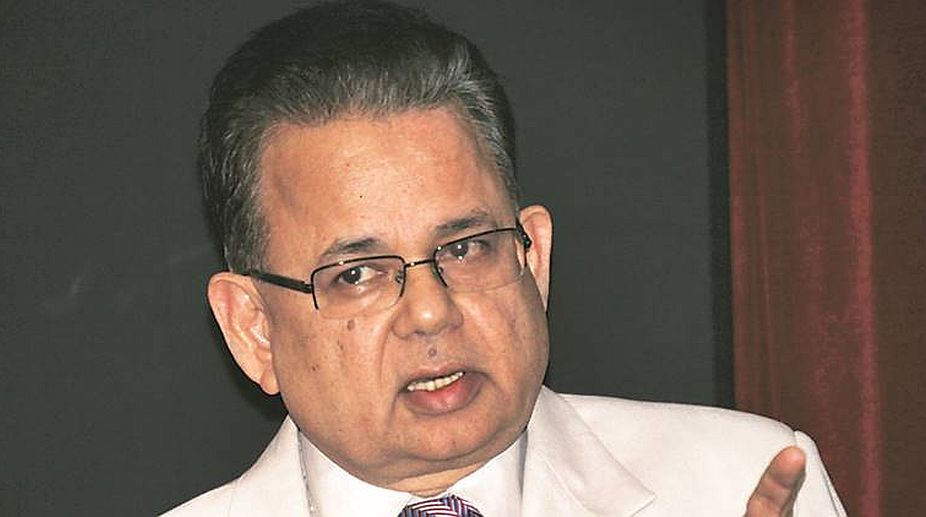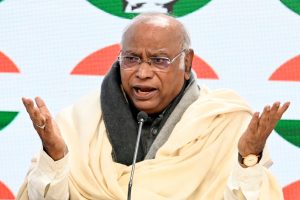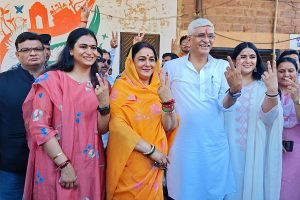When the history of the early 21st century is written, it will record that a significant turning point was reached with the election this week of India’s Justice Dalveer Bhandari to the International Court of Justice at the Hague, after the withdrawal of the United Kingdom’s candidate, Sir Christopher Greenwood from the race. For the battle was not so much between two individuals or two judicial philosophies ~ the odds are that the two judges would have seen more reason to agree than to differ while serving on the prestigious bench ~ but between the old post World War II order and the emerging dynamics of world power. Well might London bemoan the absence of a British judge for the first time in the history of the Court, but the fact is that the writing on the wall of world events had emerged last June when the UN General Assembly by a 94-15 vote referred to the ICJ a Mauritius-backed resolution that questioned the legal status of the UK’s hold over the Chagos Islands in the Indian Ocean.
If that didn’t make things clear enough, the repeated rebuffs to Sir Christopher’s candidature by the General Assembly ought to have made it clear that an overwhelming majority of the world’s nations were not enamoured by a claim that sought commitment to the old way of doing things. Sir Christopher’s case was resuscitated on each occasion by the 15-member Security Council ~ whose voting is secret ~ until the desperate embrace of a lost cause was abandoned because the UK thought it was “wrong to continue to take up the valuable time of the Security Council and the UN General Assembly.” The UN from its inception has clung to the outdated notion of some countries ~ Britain among them ~ being more equal than others. The will of the world as reflected in Justice Bhandari’s election underscores the fact that the body will further lose its relevance if it does not undertake significant institutional reforms, especially of the Security Council.
India has much to be happy about, but also some cause for reflection. The huge diplomatic offensive mounted by the Prime Minister, the External Affairs ministry and Indian diplomats has yielded the desired dividend. While Mr Narendra Modi has been gracious in crediting Mrs Sushma Swaraj and her team for the triumph, it must be acknowledged that it was his substantial presence on the world stage that swung things in India’s favour. But the cause for reflection must arise from the vote in the Security Council, where the Indian candidate was defeated 9-6. Besides the five permanent members ~ USA, UK, France, the Russian Federation and China ~ the Council comprises Bolivia, Egypt, Ethiopia, Italy, Japan, Kazakhstan, Senegal, Sweden, Ukraine and Uruguay. Within this group are some old and some new friends of India. While the positions of some of these nations are predictable for geostrategic reasons and of others as defenders of the old order, India would do well to reflect on who voted how and why.










